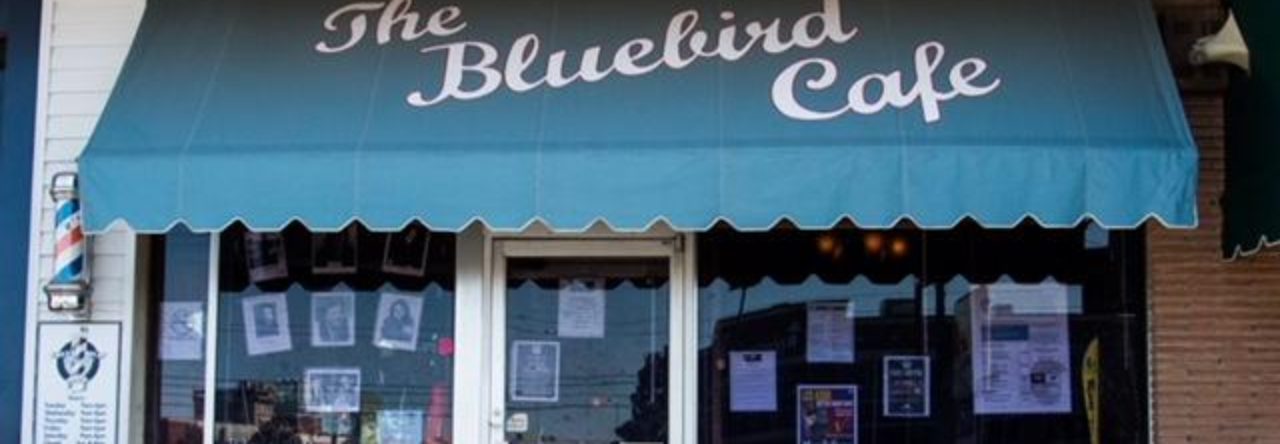The first bona fide Oscar-caliber female performance of the year is Cate Blanchett’s turn in Woody Allen’s “Blue Jasmine.” Probably based on the Bernie Madoff massive pyramid scheme scandal, the film examines what Mrs. Madoff may (or may not) be experiencing, now that she’s as poor as the rest of us.
There are several messages that come through loud and clear, including this one: “When Jasmine doesn’t want to know something, she’s got a habit of looking the other way.” As Jasmine’s step-son, Danny, asks her, “Did you not suspect anything, or did you not care.”
When Hal French, the Bernie Madoff-like crook, played expertly by Alec Baldwin, is arrested and imprisoned, Jasmine (whose real name is Jeanette) loses it. Most of the film, we see Jasmine teetering on the brink of a complete breakdown. She even admits to having had some of “Edison’s medicine” (electro-shock treatments) and downs Xanax as though they are breath mints. Jasmine is a totally manufactured persona without an ounce of genuine sincerity in either her words or deeds.
After her husband’s arrest, Jasmine is so broke that she is forced to move in with her sister, Ginger (Sally Hawkins), a blue collar cashier at a grocery store. Jasmine tells Ginger, “I’m dead broke. I’m worse than tapped out,” but then reveals she flew from New York City to San Francisco (to move in with Jasmine) first class. When asked (by Ginger) how it is possible for Jasmine to be destitute and yet fly first class, Jasmine replies, “I don’t know. I just did,” which p sums up Jasmine’s general attitude towards spending money. (She quotes her dead husband, “As Hal said, it’s not the money, it’s the money.”)
Both girls were adopted and raised by the same family, but Ginger reveals that she ran away while Jasmine was the family favorite. Jasmine constantly references her short-lived college career in Anthropology at B.U. and spouts things to her two nephews like, “With wealth comes responsibility.” One of her small, noisy ADD nephews says, “Mom said you used to be okay and then you got crazy.” Jasmine replies, “There’s only so many traumas you can withstand before you take to the streets,” referencing her disconcerting habit of talking to herself in public places, as deranged mental patients often do. (Her seat mate on an airplane ride says, “She couldn’t stop babbling about her life.”)
Another underlying message is that Jasmine has brought all this on herself. She mentions this in a car ride with ostensible fiancé Dwight Westlake (Peter Saarsgard) and we see previous actions on Jasmine’s part that reinforce this point-of-view.
The consensus: Jasmine is a phoney, as was her husband and as was her entire ivory tower life of privilege. The “real” people in the film recognize this, and that includes Andrew Dice Clay as Ginger’s ex-husband, Augie; Chili (Bobby Cannavale of “Boardwalk Empire”), who intends to marry Ginger; and Jasmine’s own step-son, Danny (Alden Ehrenreich). Jasmine looks every bit the affluent Park Avenue socialite, with her Louis Vuitton luggage, her pearls, Chanel jacket and belt, Hermes bag and expensive Vivienne Westwood shoes. Ironically, she gives her young nephews a lecture about working hard and tipping big, when she, herself, is dead broke. At the same time she is talking a good game, she initially rejects a job as a dentist’s receptionist because it is “too menial.” Cate Blanchett’s Jasmine seems to be a direct descendant of Vivien Leigh’s character in “A Streetcar Named Desire,” who has always depended on the kindness of strangers and looked down upon the little people.
There are still the hilarious Woody Allen lines and funny situations in the film, despite its serious insights and subtext. (To Ginger, re Chili: “There’s a world of men out there who’d never think of ripping a phone out of the wall.”) Placing Jasmine in a world that she has not inhabited in years, populated by “the little people” who actually work for a living, is a recipe for humor.
She is forced to fend off the unwanted advances of ordinary males like Eddie (Max Casella), a friend of Chili’s, who gets great lines like: “You get a bad clam, you’ll wish you’d never been born,” and “I had a friend that used to do that (stare into space), but there was something wrong with him. Epileptic, I think.” As she attempts to cope with the rigors of a real job, Jasmine has one elderly dental patient who rejects the appointment time offered saying, “That’s my colonoscopy prep day, and it’s always very special” with a dreamy expression on her face. You can’t help but smile. The expressions on Blanchett’s face in fending off the advances of ordinary suitors who are not wealthy is priceless. (Comedian Louis C.K. plays one such ordinary suitor seeking her sister Ginger’s affections, Al Munsinger.)
All of the supporting players are spot-on. It’s refreshing to see Andrew Dice Clay articulate “the common man’s” emotions at being swindled of their hard-earned money, saying, “Some people, they don’t put things behind so easily.” Peter Saarsgard as a promising suitor who is with the State Department is equally good in the part of the white knight Jasmine thinks might rescue her from her new reality.
Sally Hawkins, Alec Baldwin, Bobby Cannavale, Andrew Dice Clay, Louis C.K.—all are perfect in their parts. But the actor who seems to have a lock on an Oscar nomination is Cate Blanchett’s unhinged socialite-turned-pauper. She may well have brought all this upon herself, but her totally convincing turn as a woman on the brink of a breakdown (or trying to recover from one) is Oscar-worthy.

